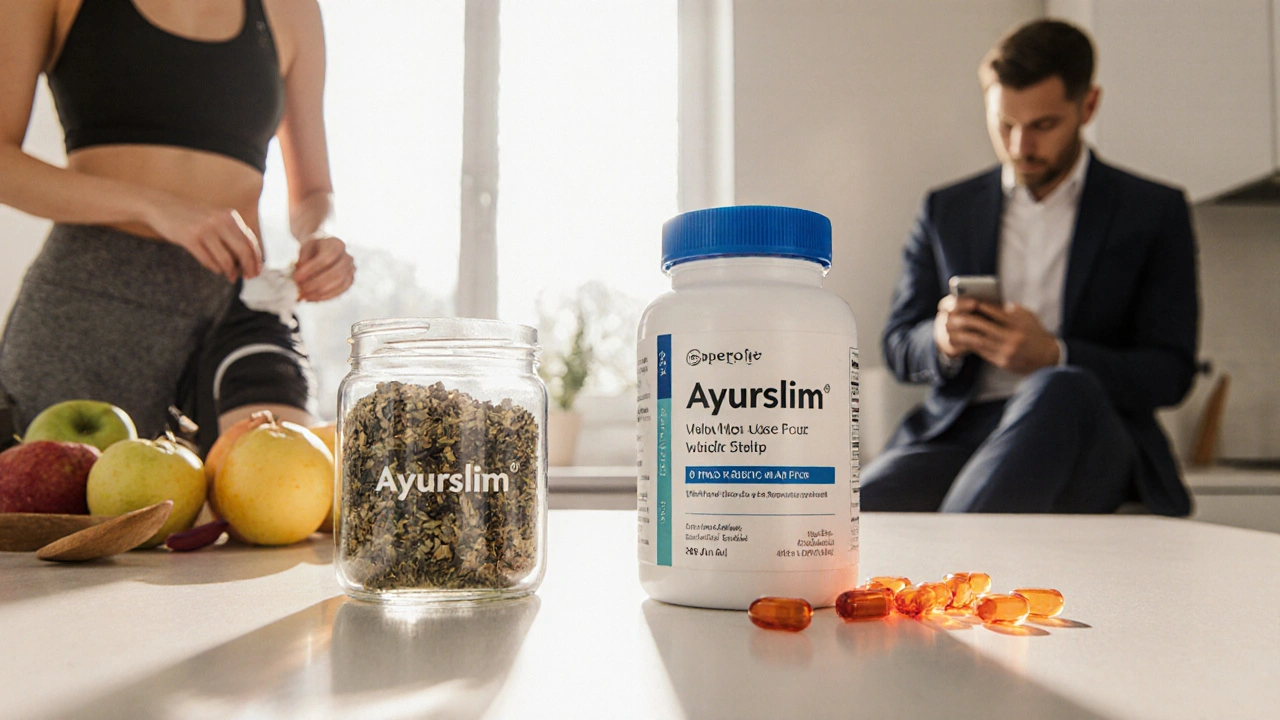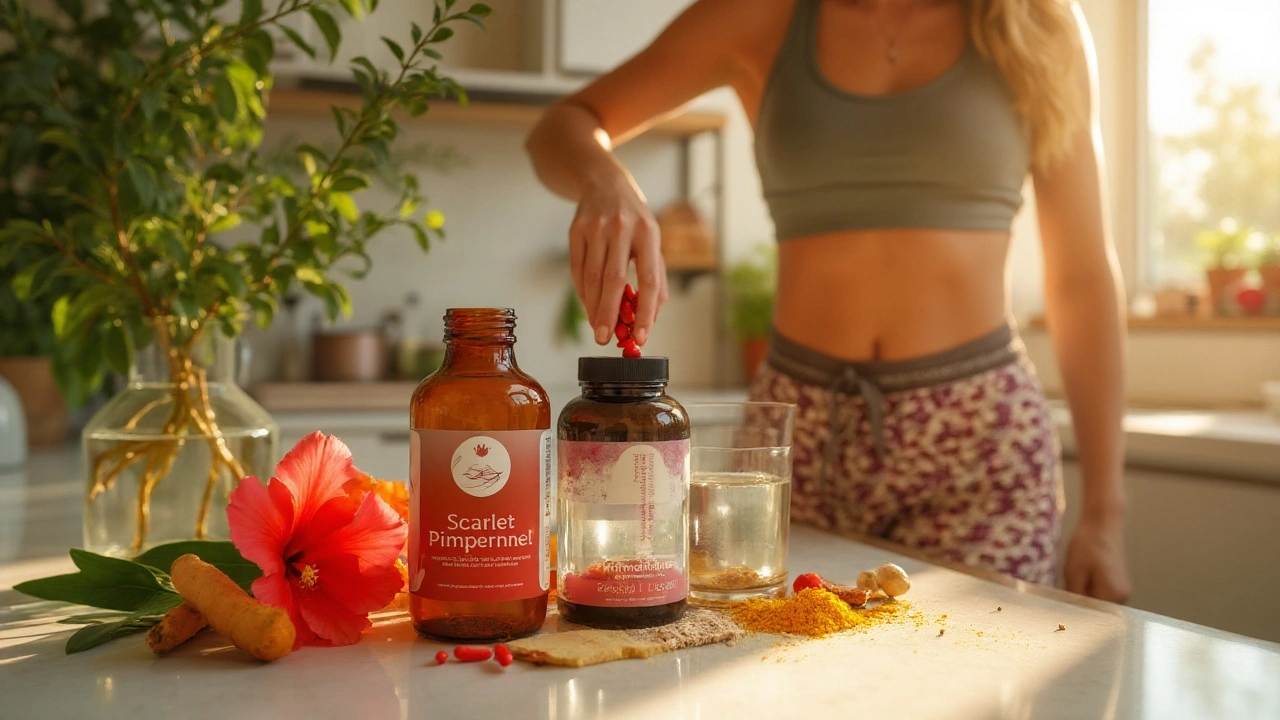Health and Wellness: Clear Guides on Medications, Supplements and Everyday Care
Want straight answers about medicines, supplements, or common health problems? This page collects practical, easy-to-read guides that help you make safer choices. You’ll find how drugs work, common side effects, real alternatives, and simple lifestyle steps that actually help.
What you’ll find here
We cover prescription drugs like Provera (medroxyprogesterone) and Protonix (pantoprazole), plus hands-on guides—like statin alternatives for lowering cholesterol in 2025 and safer options for nausea instead of Motilium (domperidone). There are clear explainers on conditions such as hepatitis C, BPH, sleep problems, and stress-related itching, plus deep dives on popular supplements like Cherokee Rosehip, amaranth, and glycerol.
Each article lists what the medicine or supplement does, typical side effects, and practical tips for talking with your doctor. If a topic has safer or newer options—like PCSK9 inhibitors or ezetimibe for cholesterol—we explain who might benefit and what to ask your clinician.
Quick, practical tips you can use today
Keep a single list of all medicines and supplements you take. Bring it to every appointment so your provider can check for interactions.
Read the first page of any drug leaflet for common side effects and the section on interactions. If you notice new symptoms after starting a medicine, don’t ignore them—call your doctor or pharmacist.
Ask about alternatives when a drug causes side effects. For example, if a PPI like Protonix isn’t right for you, a doctor may suggest dose changes, stepping down therapy, or lifestyle fixes like meal timing and weight loss first.
When exploring supplements (rosehip, bryonia, or tree of heaven), pick products with clear labels and a reputable seller. Supplements can help, but they also interact with drugs. Mention them during medical visits so your team can advise you correctly.
For lifestyle wins: small changes matter. Cutting 5–10% of body weight can lower cholesterol and reflux symptoms. Regular gentle exercise improves circulation and helps prevent blood clots after stent placement. Better sleep routines—consistent bedtimes and less late-night screen time—usually beat quick fixes.
If you want targeted reading, choose articles based on your immediate need: medication guide if you’re starting a drug, alternatives if you have side effects, or supplement reviews if you’re trying a new natural product. Every post aims to give clear pros, cons, and the exact questions to ask your healthcare provider.
Have a specific question or topic you want covered? Send it our way and we’ll try to add a plain-language guide that helps you make safer, smarter health choices.










